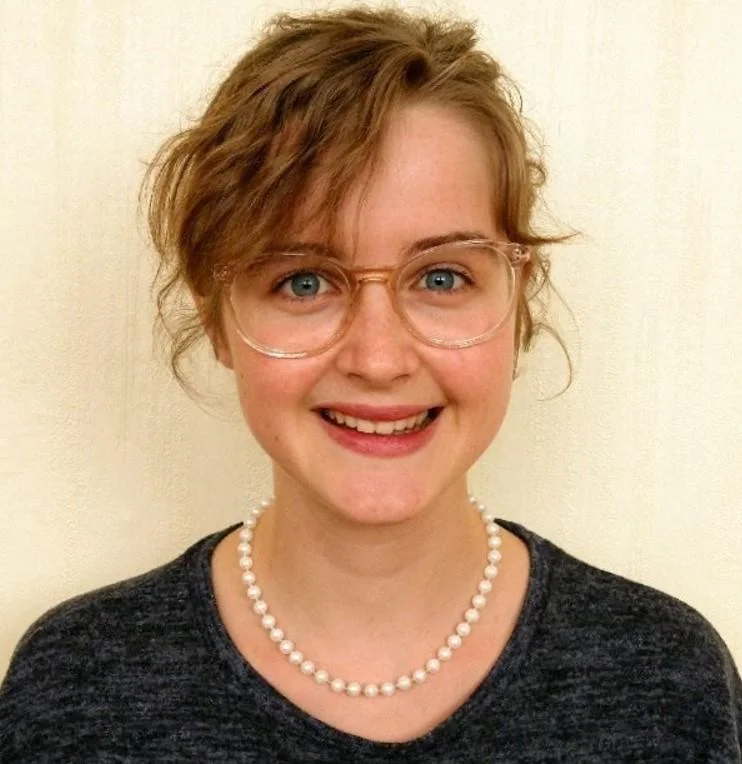Effective policy approaches to support single-parent families
Faculty: Dr Amanda Sheely, Department of Social Policy
Phelan US Centre Research Assistant: Isolde Hegemann, Department of Social Policy

Author
Isolde Hegemann
Department of Social Policy
I now have a better conceptual understanding of the difficulties single parents face in different OECD countries, a topic that becomes all the more relevant in times of a public health crisis and a looming economic recession.
Under the guidance of Dr Amanda Sheely, I have been assisting her in administrating and editing articles for a special journal issue on single-parent families in the US and European countries which she has been compiling with her colleague Dr Laurie C. Maldonado.
The issue focuses on outcomes of single parents and their children in high-income countries and contains articles on institutional and policy aspects, heterogeneity in terms of ethnicity, immigration and father involvement, and new challenges caused by the COVID pandemic. It particularly tries to draw lessons for the US from other OECD countries with more favourable outcomes for single parent families.
Tasks
Over the period of my research assistantship, I was given tasks in several areas.
Firstly, I was asked to compile summaries of the submitted articles in a spreadsheet, including information on the methodology, the findings, and the policy recommendations made by the authors. This was to ensure that the Dr Sheely and her colleagues would have easy and condensed access to the information necessary to write a comprehensive introduction and conclusion to the special journal issue.
Secondly, I was then asked to go over the articles and, making use of the editorial checklist given to the authors by the journal, decide whether any changes had to be made, especially in terms of in-text quotations and bibliography. As the journal issue is aimed at an interested and informed but broad audience, I also made comments on any aspects that would make the articles easier to understand for people without comprehensive prior knowledge in the field of single-parenthood.
Lastly, I edited the in-text quotations and the bibliography for the introduction written by Dr Sheely and Dr Maldonado, following the aforementioned editorial checklist.
Methods
To be able to fulfil my tasks, I mainly relied on information from Dr Sheely and Dr Maldonado as well as the editorial checklist by the journal as most tasks I was asked to do did not require me to conduct any research myself. To be able to edit the in-text citations and bibliographies, however, I also utilised internet sources, most notably ‘Chicago Manual of Style Online’.
Learning Outcomes
Over the course of the research assistantship, I had to understand the key policy takeaways the authors identified and how they connected to their findings. I also had to critically evaluate the methodology which gave me a deeper understanding of the reasons and justifications for certain methodological choices and how researchers discuss these in their articles. Lastly, I now have a better conceptual understanding of the difficulties single parents face in different OECD countries, a topic that becomes all the more relevant in times of a public health crisis and a looming economic recession.
Personal Experience
The research assistantship provided me with the opportunity to explore the editorial tasks academics and researchers have to execute so their research adheres to appropriate academic conventions.
When Dr Sheely told me in the interview for the position that it would be mainly administrative and editorial work, I was looking forward to it even more: This would be the perfect opportunity for me to explore whether these tasks that necessarily come with conducting and publishing research in an academic context were something I would nevertheless enjoy. During the research assistantship, I found these tasks to be a calming change that forced me to engage deeper with the topics and critically evaluate definitions, methodological choices, and the appropriate use of academic conventions. This opportunity also reinforced my ambition to pursue a career in academia.
I would like to thank Dr Amanda Sheely for providing me with guidance and support throughout the research assistantship as well as the Phelan United States Centre for making this research experience possible for undergraduate students who are considering a career in research.